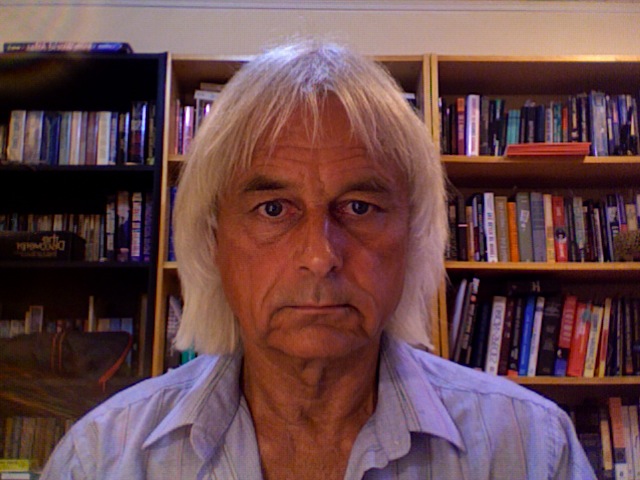Money is numbers that work by accounting arithmetic. Contrary to the delusion of the low priests, you cannot get more money out of an accounting equation than the amount of money you put into it. Banks create money in the amount of loan principal. But in the same process banks charge debt in the amount of principal plus interest. Money is positive numbers, debt is negative numbers. Bank lending is a negative sum accounting equation. More debt is "owed" than the amount of money that was "created" in this process. The additional money numbers -- to pay the interest and balance the equation -- have to come from outside your equation.
In order for State borrowers to repay all their loans and interest charges -- which enables the BND (and private State banks) to function over the long term as a "profitable" bank (or at least pay all its operating costs and survive as a break-even bank), the State must get more money out of the world than the State spends into the world. The money earned from oil exports out of ND into the USA provides this additional money.
So the USA must suffer a money deficit in order for ND to enjoy a money surplus; a money "profit". By getting positive $numbers from outside its own equation, ND can convert its negative sum money arithmetic to zero sum (break even) or positive sum (profit).
The USA gets oil to use; ND gets money. ND loses oil and gains money. The USA loses money and gains oil. In this system, the only way to make "our" money arithmetic work, is if somebody else suffers money losses.
This is the arithmetic problem -- "money mercantilism" -- that we are trying to solve with monetary reform. Everybody -- every 'financial unit' (person, business, bank, government, nation) -- needs to get as much or more money out of the system, than they put into the system, in order to survive as a break even or a profitable financial unit. The only way this can happen is if some party is adding more positive numbers into the system, than they are taking back out of the system.
Within the bank-debt money monopoly, putting in more than you take out is called "losses" which result in bankruptcy (ceasing operations: death of the financial unit) of the money-losing financial unit. But if a government simply "issues" the additional money numbers out of nothing, then it suffers no losses. Unlike banks' issuance of credit money that must be paid back to the bank, governments can issue fiat money that does not have to be "paid back" to anybody. The money is not "owed" to the fiat money issuer or to anybody else. It is debt-free positive money numbers.
Government money issuance was an early American innovation, when Enlightened minds shucked off the bonds of the Old World. Ben Franklin's colonial government issued this kind of fiat money: colonial scrip.
Franklin's government printed scrip money and spent it into the economy buying what the colonial government needed. Franklin's government did not "owe repayment" of the scrip to anybody; and people who sold stuff to the government did not owe the scrip to anybody. By prudent issuance and management of the colonial money supply, Franklin's colonial economy flourished with a debt-free, government-issued "fiat money" supply.
Next Page 1 | 2 | 3 | 4 | 5 | 6 | 7 | 8 | 9
(Note: You can view every article as one long page if you sign up as an Advocate Member, or higher).





